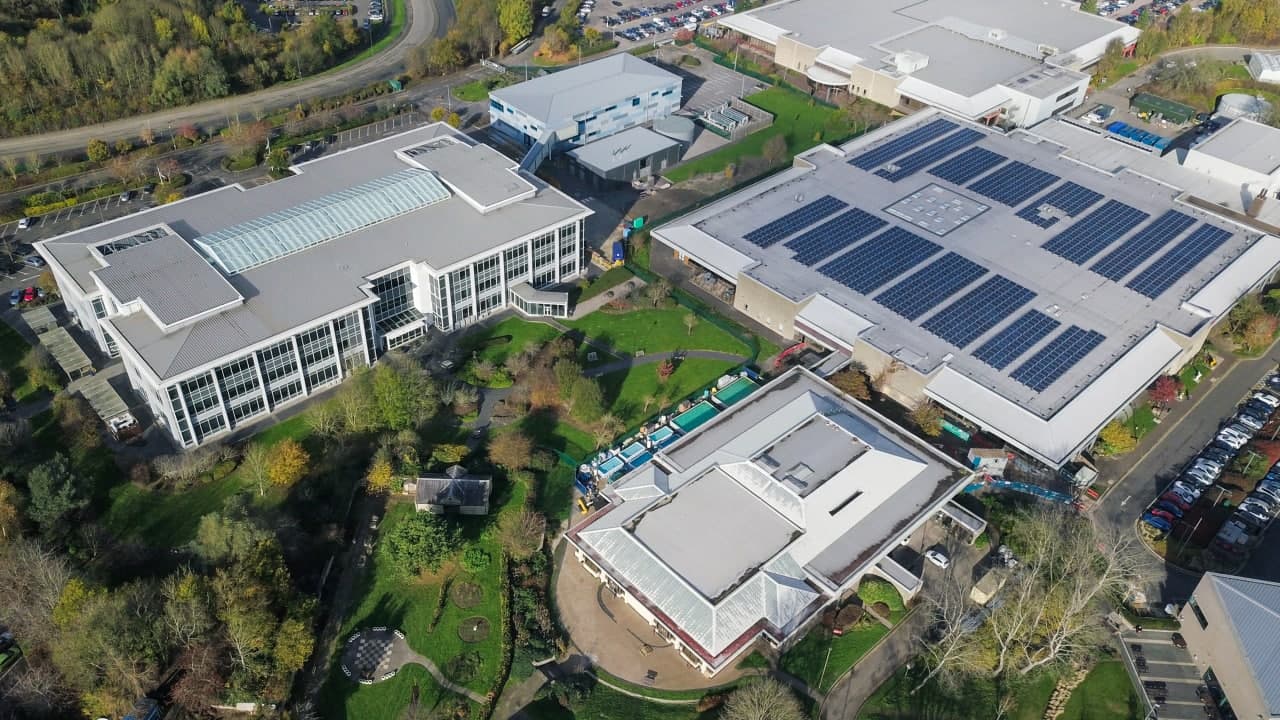The Bachelor of Science in Education degree in Earth Science prepares students for teacher licensure in earth science, grades seven to 12. Students take a broad range of courses in biology, chemistry, geography and physics and specialize in geology content. Most content coursework is completed during students' first three years; methods coursework begins during the spring of their third year. In the final year of the program, students complete remaining content courses, science teaching methods courses and a year-long placement in a local school district, which concludes with 13 weeks of student teaching in the spring. Earth Science students are encouraged to meet with their faculty early in their program because many courses must be sequenced carefully.
Program Learning Outcomes
Graduates of this program will be able to:
Interrelate and interpret important concepts, ideas and applications in their fields of licensure; conduct scientific investigations.
Engage students effectively in studies of the history, philosophy and practice of science by enabling students to distinguish science from non-science, understand the evolution and practice of science as a human endeavor and critically analyze assertions made in the name of science.
Engage students both in studies of various methods of scientific inquiry and in active learning through scientific inquiry by encouraging students, individually and collaboratively, to observe, ask questions, design inquiries and collect and interpret data in order to develop concepts and relationships from empirical experiences.
Recognize that informed citizens must be prepared to make decisions and take action on contemporary science- and technology-related issues of interest to the general society. They will be able to require students to conduct inquiries into the factual basis of such issues and to assess possible actions and outcomes based upon their goals and values.
Create a community of diverse learners who construct meaning from their science experiences and possess a disposition for further exploration and learning. They will be able to use, and can justify, a variety of classroom arrangements, groupings, actions, strategies and methodologies.
Plan and implement an active, coherent and effective curriculum that is consistent with the goals and recommendations of the National Science Education Standards. They will be able to begin with the end in mind and effectively incorporate contemporary practices and resources into their planning and teaching.
Relate their discipline to their local and regional communities, involving stakeholders and using the individual, institutional and natural resources of the community in their teaching. They will be able to actively engage students in science-related studies or activities related to locally important issues.
Construct and use effective assessment strategies to determine the backgrounds and achievements of learners and facilitate their intellectual, social and personal development. They will be able to assess students fairly and equitably, and require that students engage in ongoing self-assessment.
Organize safe and effective learning environments that promote the success of students and the welfare of all living things, accomplished requiring and promoting knowledge and respect for safety, and overseeing the welfare of all living things used in the classroom or found in the field.
Strive continuously to grow and change, personally and professionally, to meet the diverse needs of their students, school, community and profession. They will have a desire and disposition for growth and betterment.
برای دانشجویان بینالمللی
New first-year applicants must finish secondary school in their home country by the time of enrollment to be eligible for university (comparable to the completion of senior high school in the U.S.). A student who has previously enrolled in a post-secondary (higher education) institution is required to apply as a transfer student.
All international undergraduate applicants must submit an English language proficiency test score to be considered for a Kent State program unless they meet specific exceptions or apply for conditional admissions.
All undergraduate applicants must obtain one of the following:
TOEFL iBT: 71; Home Edition iBT: 71
Revised PBT: 18 (average score)
IELTS Academic and IELTS indicator: 6.0
Duolingo:100
PTE Academic: 48
Completion of the Kent State University ESL Center Level 8 Intensive English program with a minimum of 3.75 out of 4.0 GPA
ELS Level 112 Intensive English Program completion
SAT: a minimum of 510 evidence-based reading and writing
ACT: a minimum of 21 in English
Application Deadlines: October 1 for Spring Semester; June 1 for Fall Semester.
134 Hours - Full time
![شهریه]()
شهریه
![تاریخ شروع]()
تاریخ شروع
![آدرس]()
آدرس
Kent State University, 800 E. Summit Street, KENT, Ohio, 44240, United States

توضیحات دوره
پیش نیاز ها
گزینههای تحصیل





 با ما در ارتباط باشید
با ما در ارتباط باشید







